Publications
Articles, publications, books, tools and multimedia features from the U.S. Institute of Peace provide the latest news, analysis, research findings, practitioner guides and reports, all related to the conflict zones and issues that are at the center of the Institute’s work to prevent and reduce violent conflict.
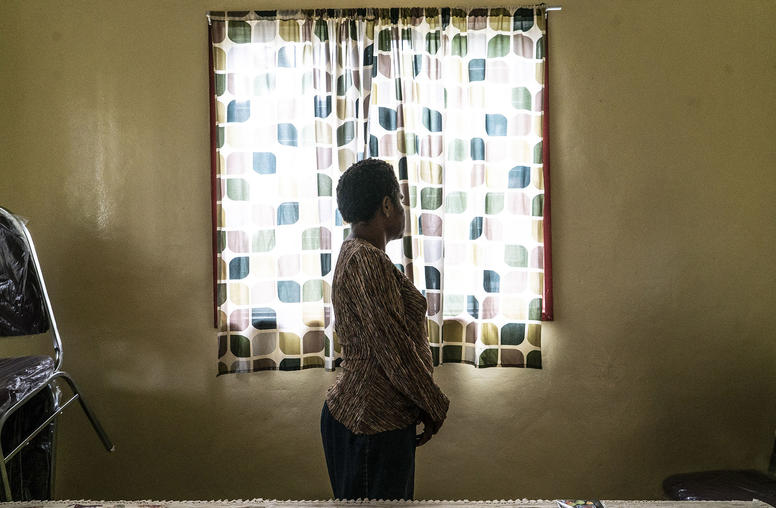
Addressing Gendered Violence in Papua New Guinea: Opportunities and Options
Each year, more than 1.5 million women and girls in Papua New Guinea experience gender-based violence tied to intercommunal conflict, political intimidation, domestic abuse, and other causes. It is, according to a 2023 Human Rights Watch report, “one of the most dangerous places to be a woman or girl.” Bleak as this may seem, it is not hopeless. USIP’s new report identifies several promising approaches for peacebuilding programming to reduce gender-based violence and effect meaningful and lasting change in Papua New Guinea.
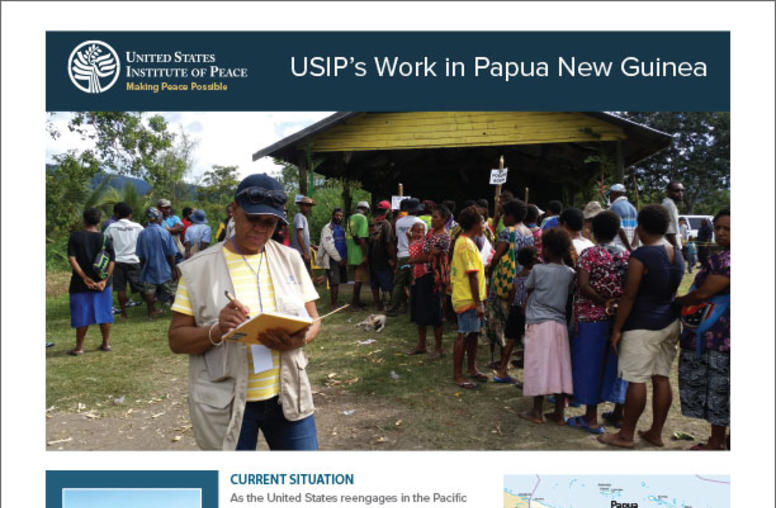
The Current Situation in Papua New Guinea
As the United States reengages in the Pacific Islands, Papua New Guinea is emerging as an increasingly important U.S. partner. It is the region’s largest country, with a landmass about the size of California and a population estimated to be somewhere between 10 and 17 million. In April 2022, Papua New Guinea was designated as one of the focus countries under the U.S. Strategy to Prevent Conflict and Promote Stability (SPCPS). In May 2023, the United States and Papua New Guinea signed a Defense Cooperation Agreement.
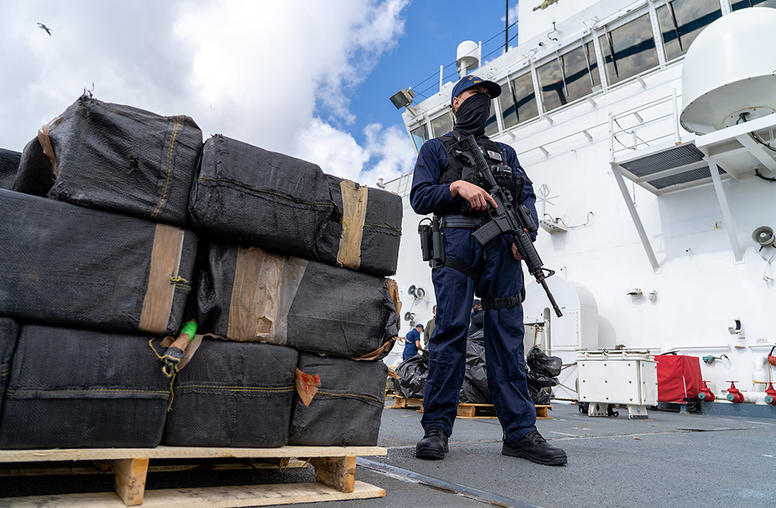
Illicit Drugs Are Undermining Pacific Security
A quick succession of drug busts in Fiji earlier this year — the seizure of 3.5 tons of crystal methamphetamine followed by another 1.1 tons — underscored the threat that the illicit drug trade and narco-corruption pose to the stability and security of countries and societies situated along the so-called Pacific drug highway.
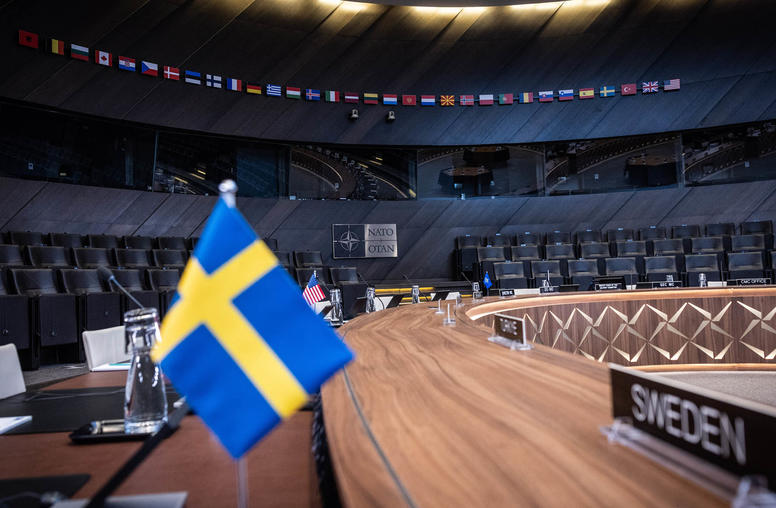
Will Sweden’s NATO Membership Deter Russian Aggression?
Sweden’s flag was hoisted at NATO’s headquarters in Brussels today as the Nordic country became the 32nd member of the transatlantic military alliance. Sweden’s membership, which follows that of neighboring Finland, is a consequence of Vladimir Putin’s invasion of Ukraine.
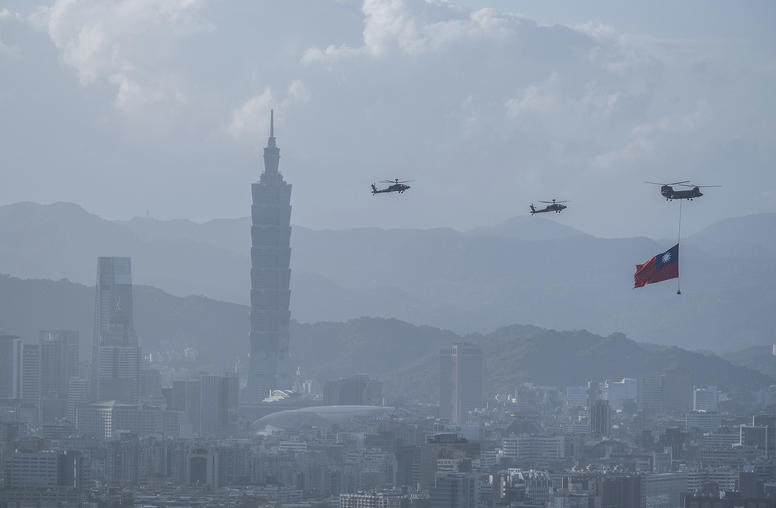
China Is Not Russia. Taiwan Is Not Ukraine.
Russia’s invasion of Ukraine — the most consequential military conflict Europe has witnessed since the Second World War — has riveted the attention of the world. Observers have grappled with the meaning of the act of aggression and scrambled to ponder the wider implications of the war. Almost inevitably people look to draw analogies—both historical and contemporary ones.
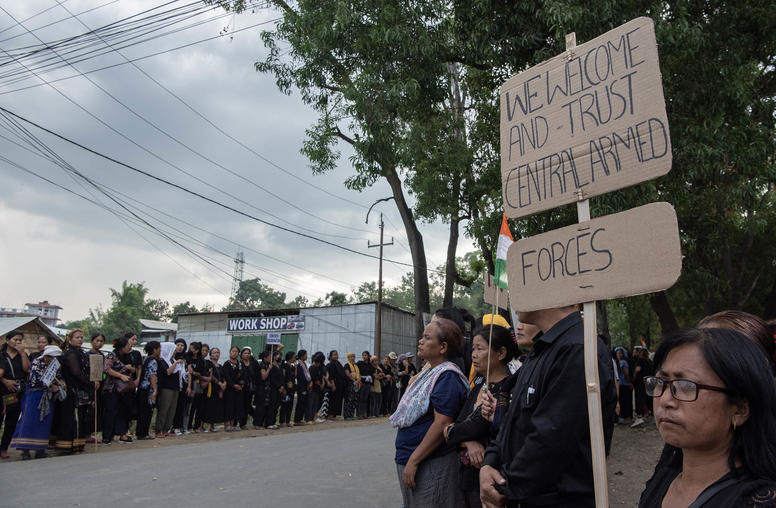
In Northeast India, Manipur’s Violence Echoes Sudan’s Darfur
Rising violence this year threatens to deepen instability in India’s far northeastern region. Ominously, the bloodshed centered in India’s state of Manipur includes elements that were visible in early stages of the 20-year-old conflict in Sudan’s Darfur region. Darfur’s violence has killed or displaced millions of people and helped lead to this year’s civil war across Sudan. Tragically, both countries have seen these disparate conflicts intensify through widened opportunities for ill-governed ethnic militias and for hate speech. These evolutions have hardened local conflicts over land or water into more extreme, venomous warfare between ethnic or religious communities. Darfur’s example underscores the urgent need for responses in Manipur.
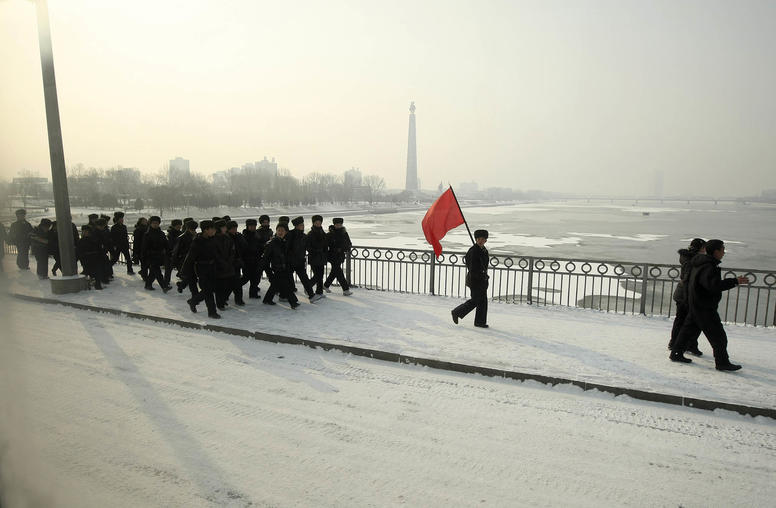
Could Climate Change Compel North Korea to Cooperate?
Like much of the rest of the world, North Korea is experiencing more frequent and more intense climate-related disasters. In the last few years, it has seen its longest drought and longest rain season in over a century. In 2021, the country’s reclusive dictator, Kim Jong Un, called for immediate steps to mitigate the dramatic impacts of climate change, which compound other challenges facing the country, like food insecurity. While North Korea is not exactly known for its efforts to cooperate with the international community, the severe threats posed by climate change could lead to broader engagement that serves Pyongyang’s interests, as well as the interests of the United States, South Korea and China, who all want peace and stability on the Korean Peninsula.
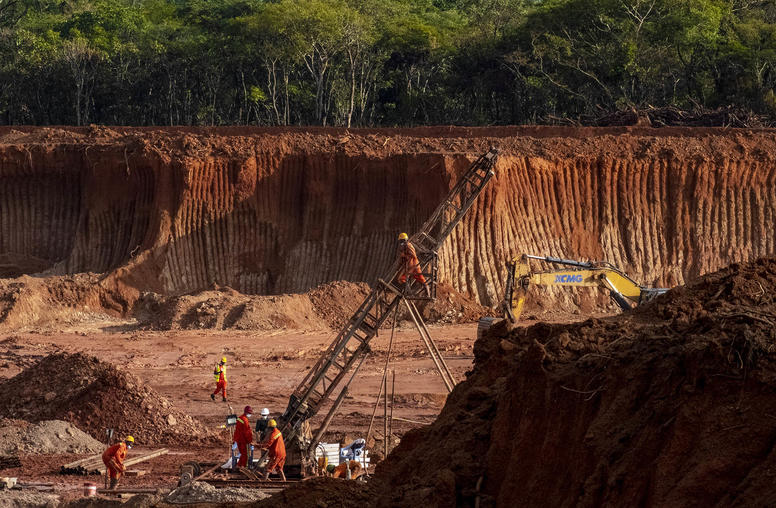
Challenging China’s Grip on Critical Minerals Can Be a Boon for Africa’s Future
Demand for the critical minerals powering the world’s clean-energy technologies, consumer goods and defense applications is skyrocketing. These metals are what the modern economy runs on: we need them for our phones, electric vehicles and satellites, and so much more. Forecasts estimate that in the coming decades, the world will need many times more cobalt, copper, lithium and manganese, among other minerals, than what is currently being produced.
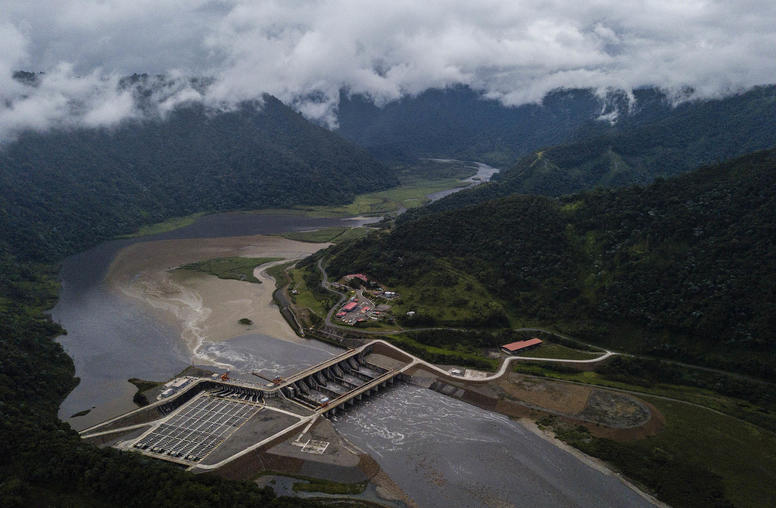
China’s Engagement in Latin America: Views from the Region
China’s economic and political engagement in Latin America grew significantly in the first part of the 21st century. And yet, Latin American reporting on China has not grown apace. Too few Latin American journalists cover Chinese activities in the region and even fewer foreign correspondents from Latin America report on developments in China. This knowledge gap means journalists struggle to provide proper context for major trade and investment deals and are unprepared to investigate when scandals erupt. Latin American media outlets often lack the capacity or resources to cover foreign affairs in general, much less the geo-political repercussions of China-Latin American relations.
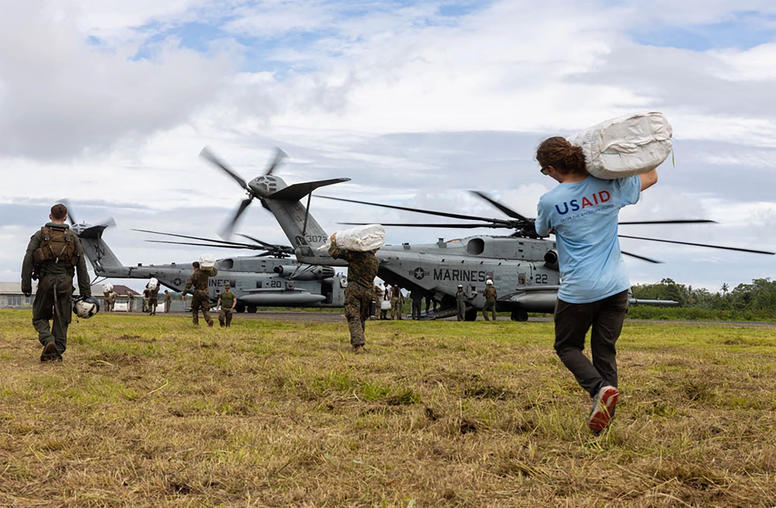
Bougainville Seeks U.S. Support Amid Strategic Rivalry in the Pacific
“In 2019, our people voted — we believe in democracy,” Ishmael Toroama, president of the Autonomous Region of Bougainville, said in a speech at Georgetown University in Washington on November 9. Toroama was referring to the 2019 referendum in which 97.7 percent of Bougainvilleans, with 87.4 percent turnout, voted for independence from Papua New Guinea in a powerful confirmation of their long-held desire for self-determination. This desire has been largely ignored by the world, but in order to realize it, Bougainville needs strong international partners.